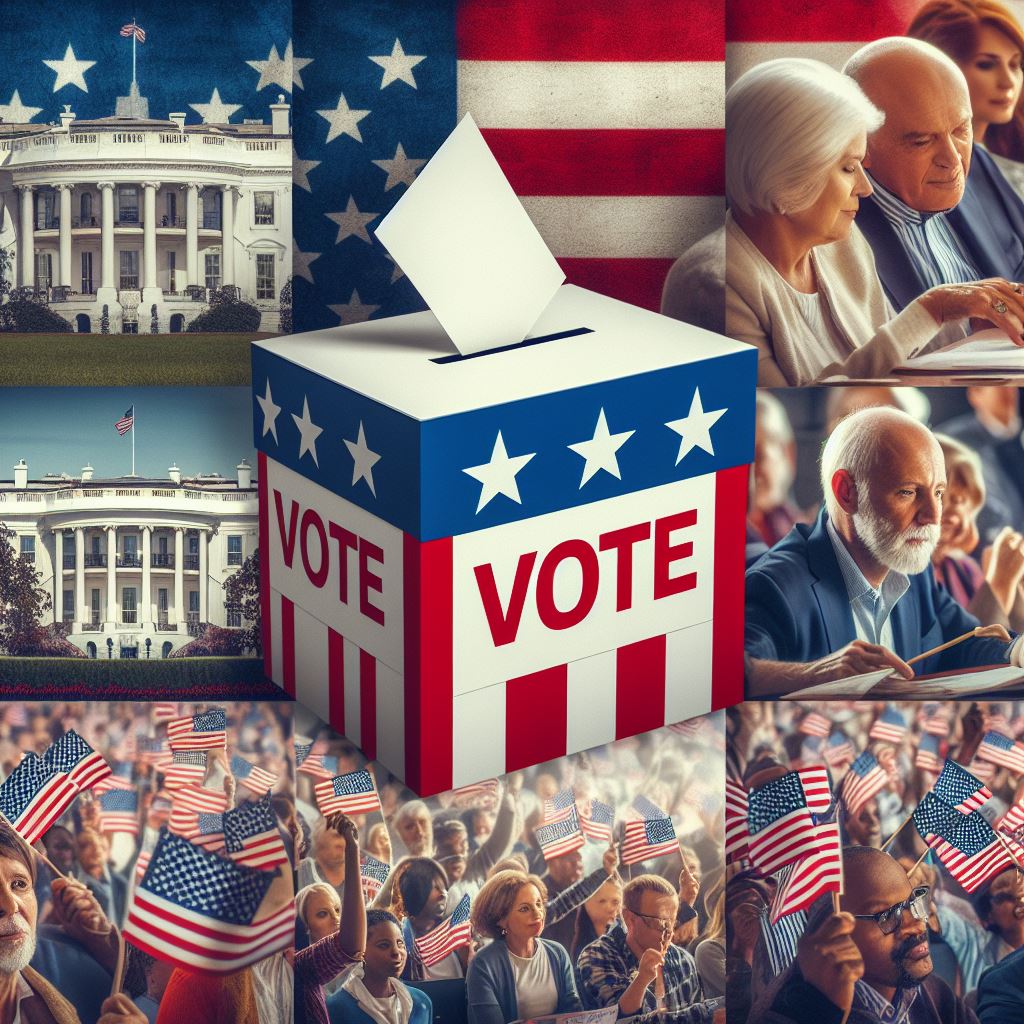An In-Depth Examination of the U.S. Presidential Election Process
The U.S. Presidential election stands as a defining element of the American democratic framework, yet it has frequently become a focal point for debate and critique. This exploration endeavors to delve into the multifaceted nature of this process, uncovering its nuances and contentious aspects.
The Electoral College: Unpacking its Implications
At the heart of the U.S. Presidential election lies the Electoral College, a system entrenched within the fabric of the nation’s Constitution. However, its intricacies have drawn scrutiny, particularly regarding its potential to subvert the popular vote. This system, whereby citizens cast their ballots for electors who subsequently determine the President, has garnered criticism for its ability to diverge from the will of the majority. Notably, instances such as the 2000 and 2016 elections starkly illustrate the disjunction between the popular vote and Electoral College outcomes, fueling calls for reform and reevaluation.
Winner-Takes-All System: Examining its Democratic Deficiencies
The prevalent employment of the winner-takes-all system across most states adds another layer of complexity to the electoral landscape. Under this arrangement, the candidate securing the majority of votes within a state claims all of its electoral votes. Critics contend that this mechanism sidelines the voices of the minority, effectively disenfranchising significant segments of the populace. The result is a palpable imbalance where certain perspectives and interests remain marginalized, raising pertinent questions about the system’s commitment to true representation and inclusivity.
Voting Eligibility and Registration: A Patchwork of Regulations
A fundamental aspect of the electoral process, voting eligibility and registration, operates under a decentralized framework primarily governed by state law. However, this decentralization engenders a landscape marked by disparities and inconsistencies across jurisdictions. Consequently, specific demographics, including marginalized communities and vulnerable populations, face disproportionate barriers to participation, perpetuating inequalities and eroding the democratic ideal of universal suffrage.
The Influence of Money in Politics: Unveiling its Distorting Effect
One of the most contentious issues pervading U.S. Presidential elections pertains to the pervasive influence of money in politics. Critics contend that the influx of financial resources from affluent individuals and corporate entities skews the electoral landscape, tilting the scales in favor of vested interests. This influx of capital engenders a system where access and influence are disproportionately wielded by the affluent elite, diluting the principle of political equality and undermining the integrity of the democratic process.
In Conclusion: Towards a More Equitable Electoral Framework
While the U.S. Presidential election process remains a cornerstone of American democracy, it is imperative to acknowledge its inherent flaws and shortcomings. Meaningful reforms aimed at addressing the deficiencies within the Electoral College, the winner-takes-all system, voting eligibility, and the undue influence of money are essential steps toward fostering a more equitable, inclusive, and representative electoral framework. Only through concerted efforts to rectify these systemic inadequacies can the nation aspire to fulfill the promise of democracy and ensure that the electoral process truly reflects the will and aspirations of the people.


